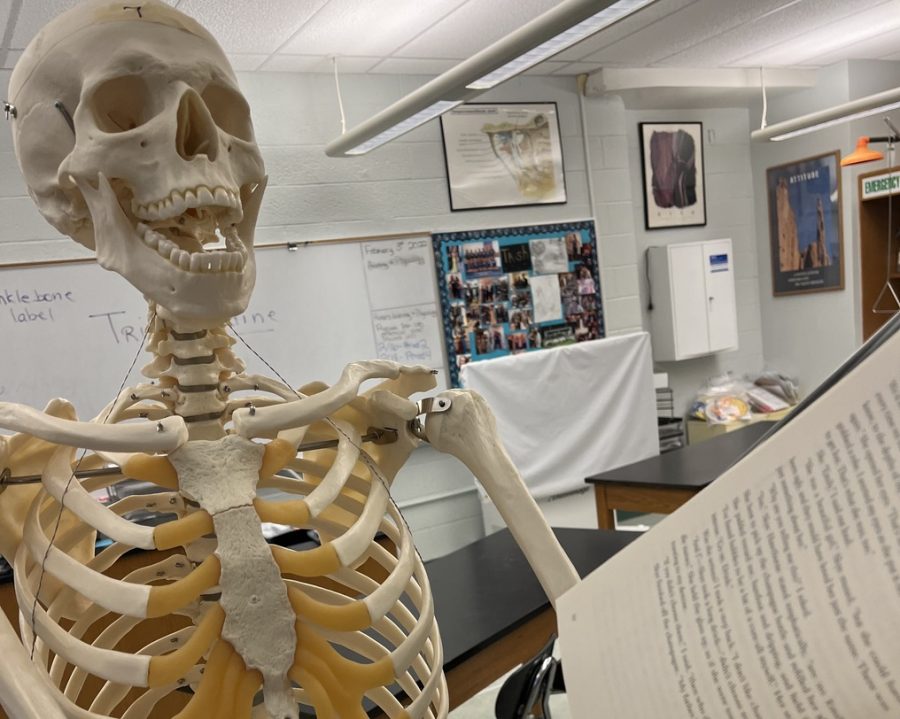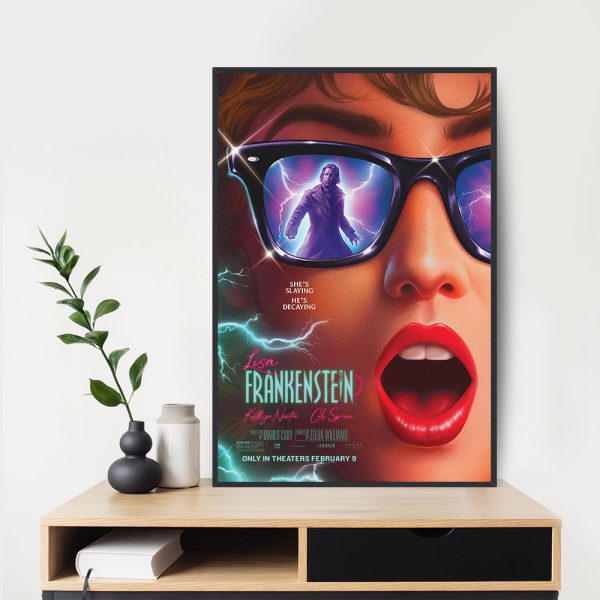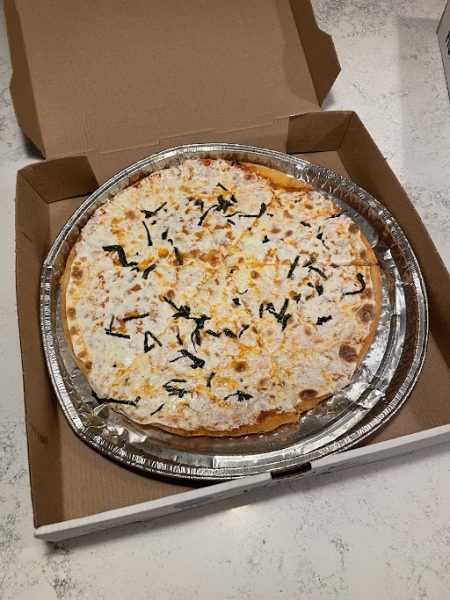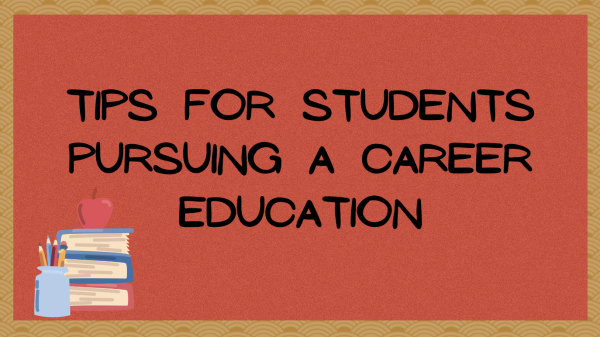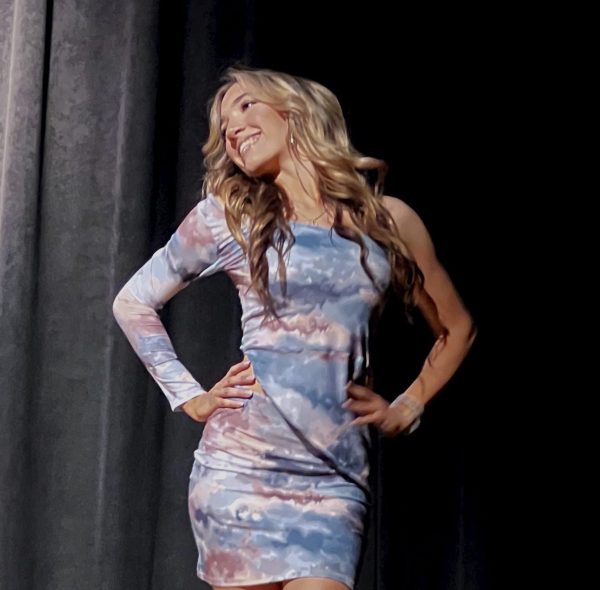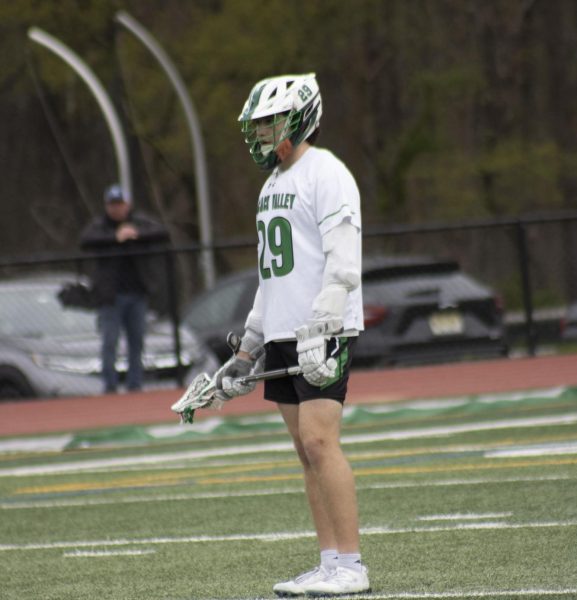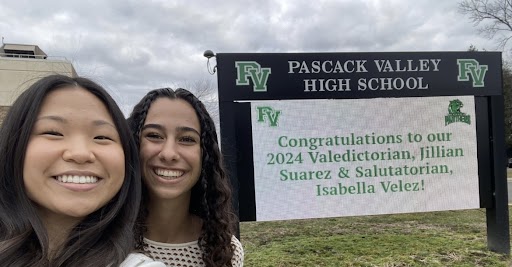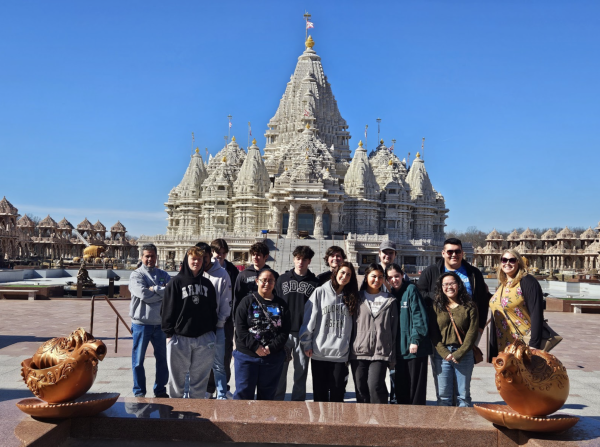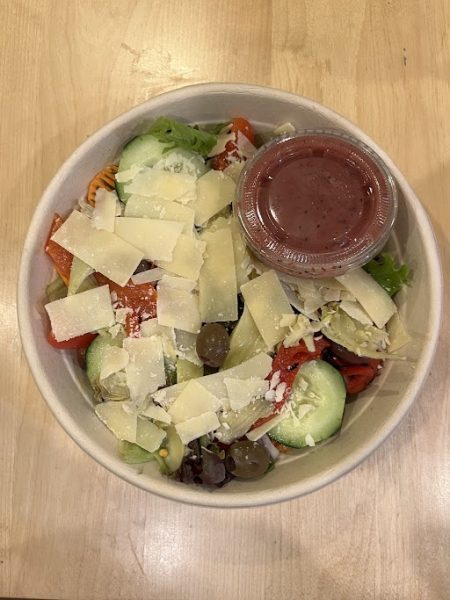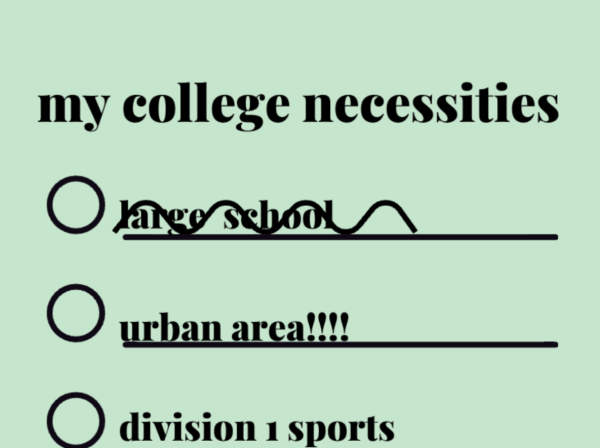Opinion: ‘Does Pascack Valley need to find its humanity?’
The percentage of stem electives to humanities electives is 65.4% to 34.6%. Staff writer Maya Schlessinger shares students’ thoughts on the lack of humanities classes.
Every day students hear those around them echo, “Challenge yourself!” and “Take classes you’re interested in!”
For some, that is not as simple as it seems. It is easier for some students than others depending on what subjects they gravitate towards.
The imbalance of high-level STEM, also known as the subjects of science, technology, engineering, and math electives versus humanities takes away from those more interested in the humanities.
According to the Pascack Valley Program of Studies, for every high-level humanity elective at PV, there are nearly two high-level STEM electives. The lack of selection for humanities students causes a struggle unknown to STEM students.
“Some people aren’t sure whether to take a high-level STEM elective even if they aren’t interested in it or lower-level humanities elective that they are more interested in but won’t get college credit for,” Junior Alexis Ban said.
Guidance counselors encourage students to use their electives to find a subject they are passionate about.
“Taking classes of your interest in high school helps you see if this is something that you’d like to do for your future, if it makes you happy, if it makes you fulfilled,” PV guidance counselor Stephanie DiStasi said.
STEM students have many opportunities to take classes they are interested in.
“Right now I’m taking AP [Computer Science], and next year, another AP Comp Sci,” Sophomore Joey Quinn said. “I’ve got a lot of options [such as] honors engineering classes and honors research classes. There’s always a next step for me.”
It is clear that students truly commit themselves when taking classes that they are interested in. However, many students do take classes that they aren’t interested in.
“I took AP Bio as a sophomore, which was a very good class, but I don’t think it was for me, especially because I was taking Honors Chemistry paired with it, and I’m not as much of a science person,” Ban said. “It definitely was a lot of work for me and was made harder because it wasn’t in the subjects I typically enjoy.”
Additionally, DiStasi believes it is important that students take challenging classes to push themselves to their full potential.
“We really work with students and their teachers to see what levels they are capable of and what level they want to do. We’ve never turned students down, for the most part, if they are interested in a high-level class,” Distasi said.
Ban believes that level doesn’t matter if you’re not interested in the subject.
“If you take a challenging class that you’re not interested in, you’re not going to enjoy your work as much. It won’t be as beneficial if it’s an area you’re not going to pursue,” Ban said.
Quinn has a similar perspective on the importance of finding classes you’re interested in.
“[When you take a class you’re not interested in], you feel like you can be using your time in a better way by taking a class that could benefit you. If it’s not benefiting you, it’s kind of useless,” Quinn said.
According to DiStasi, the program of studies is reevaluated each year. Advisors and curriculum-writers work to introduce classes to lacking content areas.
Seeing this imbalance, does Pascack Valley need to find its humanity?
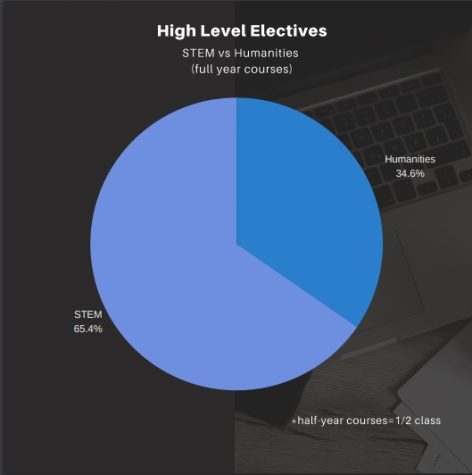
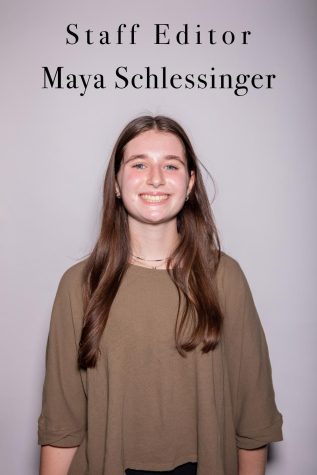
Maya Schlessinger, Pascack Valley senior, is an avid writer of all things PV. Joining the Valley Echo sophomore year, she learned quickly and rose in the...

